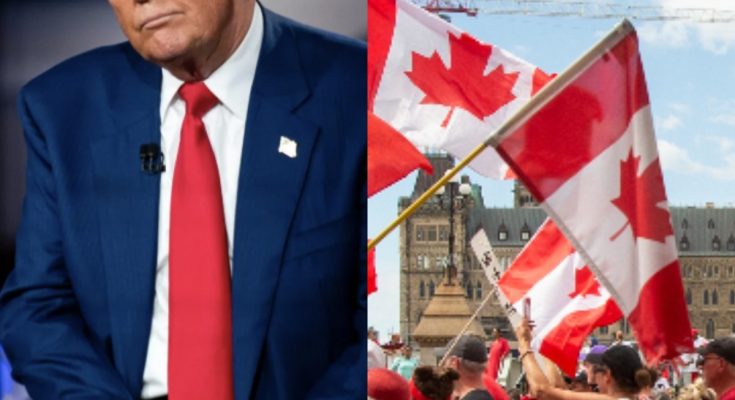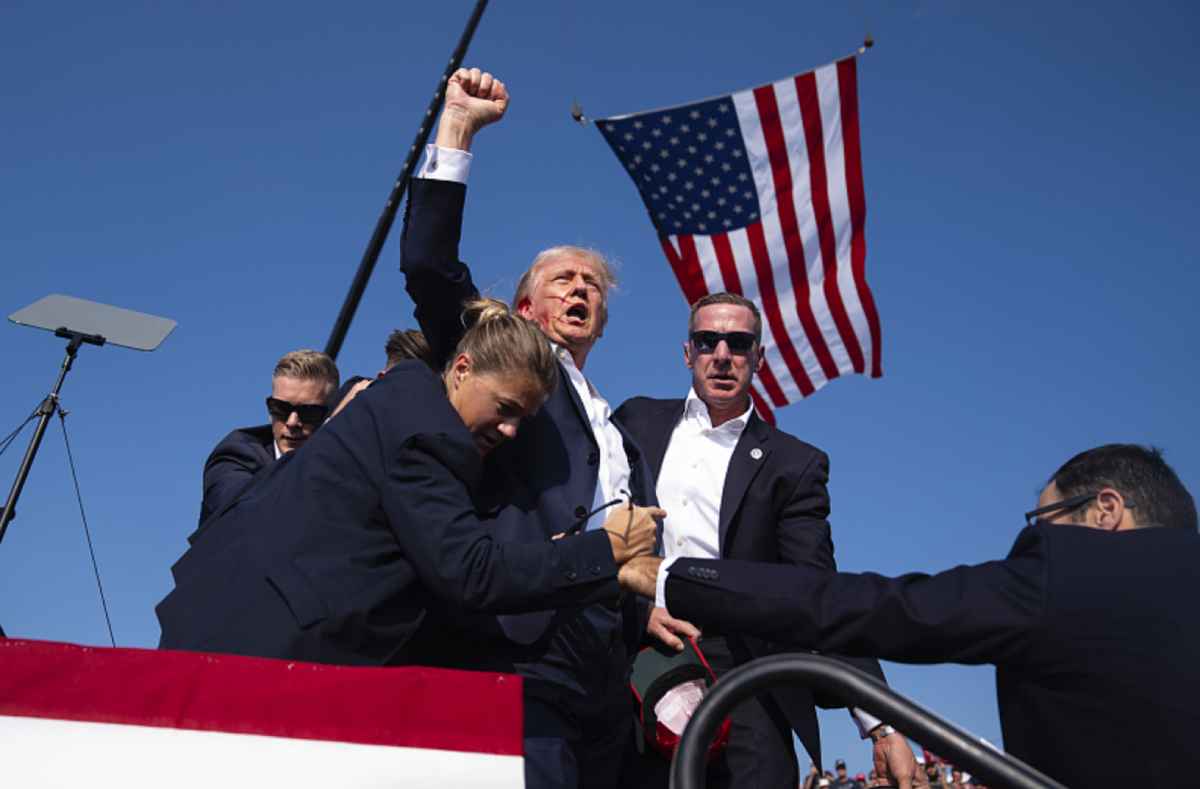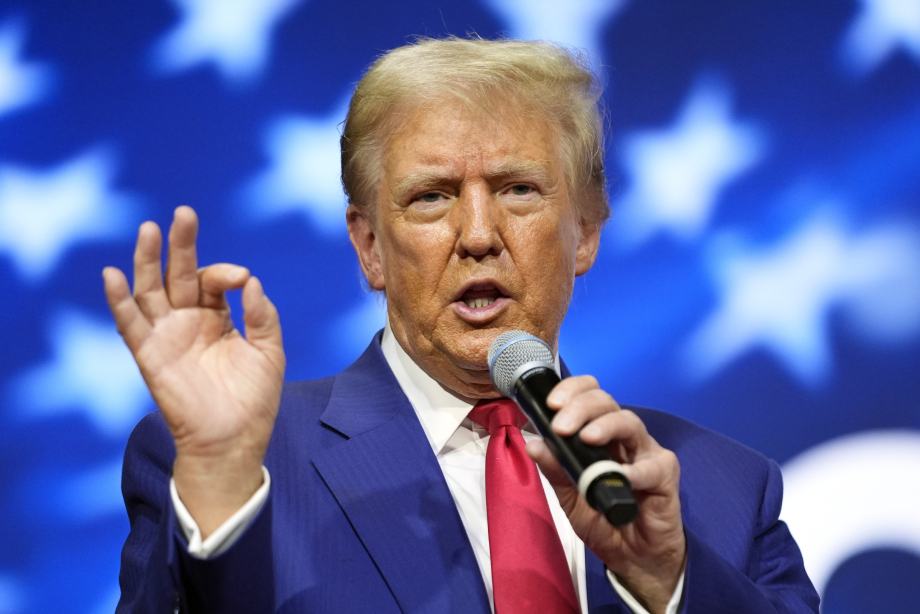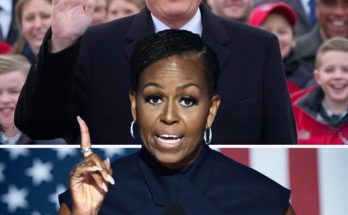Angry Canadian Hockey Fans Boo U.S. National Anthem Again After Donald Trump Threatens Tariffs
In a surprising and intense display of national pride, Canadian hockey fans once again took to booing the United States’ national anthem during a high-profile game. The incident, which occurred during an international match between Canada and the U.S., comes after former President Donald Trump made public statements threatening to impose tariffs on Canadian goods.
The boos echoed through the arena as the U.S. anthem played, a gesture that resonated deeply within the context of the strained diplomatic relations between the two neighboring countries. The hostility was a direct reaction to Trump’s rhetoric on trade, which has stirred anger and frustration among Canadians who felt that their country was being unfairly targeted.
While such acts of protest are not entirely uncommon in competitive sports, this latest incident has brought heightened attention due to the political backdrop. The fans’ response, loud and unmistakable, serves as a symbol of the growing tensions in the bilateral relationship, especially over trade policies that have been contentious in recent years.
Trump’s threats of tariffs have been a point of contention for many Canadians, as the imposition of tariffs would have far-reaching economic impacts, particularly on industries such as automotive, dairy, and lumber. The Canadian government has consistently pushed back against such proposals, viewing them as unjustified and detrimental to both countries.
The booing of the U.S. anthem, while controversial, reflects the passion many Canadians feel toward defending their national interests and standing in opposition to what they perceive as an aggressive and unfair stance from the former U.S. president. For many, the symbolic act of booing represents more than just a disagreement over trade policy—it’s a broader sentiment of resistance to external pressures and national sovereignty.
While sports events have often been used as a platform for political statements, this particular display of discontent has garnered widespread media attention, further illustrating the ongoing tensions between Canada and the United States. As relations between the two nations continue to evolve, it remains to be seen whether such incidents will become more frequent or fade away as the political landscape shifts.
As this event unfolded, it served as a reminder of the powerful role that sports and national pride can play in reflecting broader geopolitical dynamics. Whether or not the situation will improve depends largely on future negotiations and how both governments address the ongoing trade concerns that have sparked such a passionate response from Canadian citizens.
The incident has left many wondering whether the loud boos were simply a fleeting moment of frustration or a sign of a deeper, more lasting strain in the relationship between the two neighboring countries. Only time will tell how this protest will be remembered in the broader context of international diplomacy.






